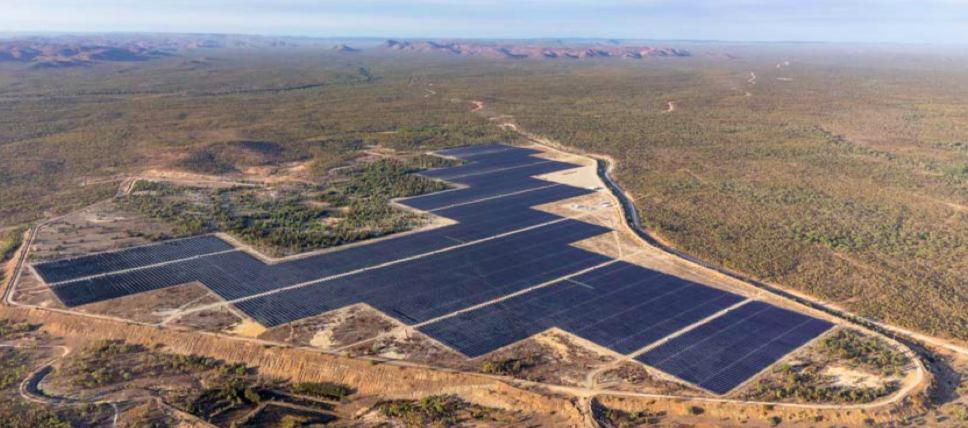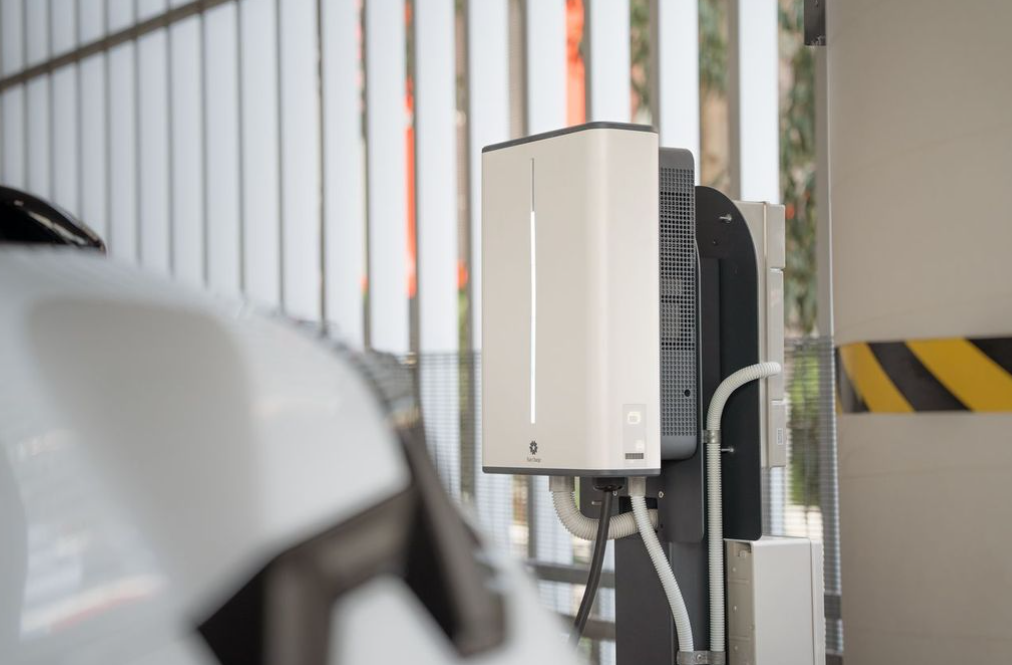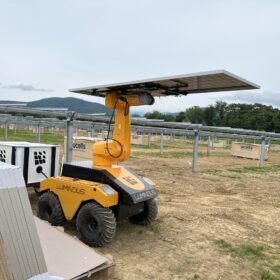Building on earlier cooperation, Genex Power has chosen UGL as preferred EPC contractor on the Jemalong Solar Farm in New South Wales. Two Sydney-based companies will now work to finalize the EPC and Operation and Maintenance (O&M) contracts.
Previously, UGL was responsible for the delivery of the 50 MW Kidston Solar 1 Project. The solar farm is part of Genex Power’s landmark project – the Kidston renewable energy hub in north Queensland – Australia’s first large-scale project to use pumped hydro to store solar generated power. UGL is also the preferred EPC contractor for the 270 MW Kidston Solar 2 Project, currently under development.
“Genex and UGL have shared a strong working partnership for several years having successfully developed, constructed and commissioned the Kidston Solar One Project together,” Genex CEO James Harding said. “We look forward to continuing this relationship for the Jemalong project.”
The appointment of UGL as preferred EPC contractor marks the completion of the project team tasked to take the Jemalong solar farm through to completion and generation, including the refinancing of the Kidston Solar 1 Project. In a demonstration of the extent of potential delays, Genex took close to a year following energisation to achieve final Australian Energy Market Operator’s acceptance – or practical completion – of its Kidston Solar 1 Project.
In terms of the Jemalong solar project, which it acquired from Vast Solar last year, Genex Power expects to reach financial close in June 2019 and commence construction the following month.
Aside from UGL, the project delivery team includes Entura as the Owner’s Engineer and Technical Advisor, and Essential Energy, which will ensure the distribution connection point at the existing West Jemalong 66/11kV zone substation.
The Jemalong solar plant is sited alongside a 1.1 MW concentrated solar thermal power pilot plant, which was commissioned in January 2017. The project features Vast Solar’s low-cost, modular, CSP technology with integrates thermal storage that uses sodium for heat transfer and molten salt for on-demand storage, both of which create steam to drive a turbine, unlike traditional CSP technology that uses molten salt both as a heat transfer and for storage.
This content is protected by copyright and may not be reused. If you want to cooperate with us and would like to reuse some of our content, please contact: editors@pv-magazine.com.









By submitting this form you agree to pv magazine using your data for the purposes of publishing your comment.
Your personal data will only be disclosed or otherwise transmitted to third parties for the purposes of spam filtering or if this is necessary for technical maintenance of the website. Any other transfer to third parties will not take place unless this is justified on the basis of applicable data protection regulations or if pv magazine is legally obliged to do so.
You may revoke this consent at any time with effect for the future, in which case your personal data will be deleted immediately. Otherwise, your data will be deleted if pv magazine has processed your request or the purpose of data storage is fulfilled.
Further information on data privacy can be found in our Data Protection Policy.